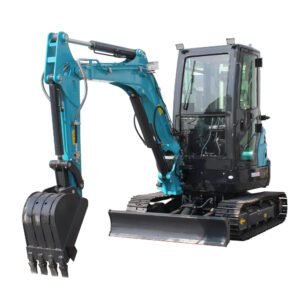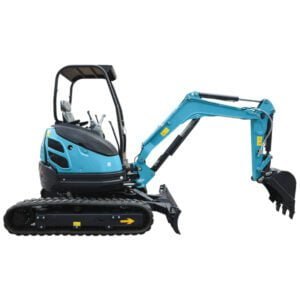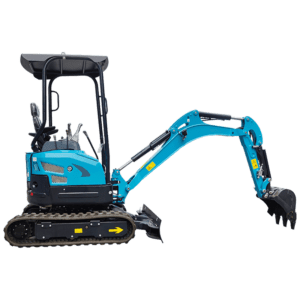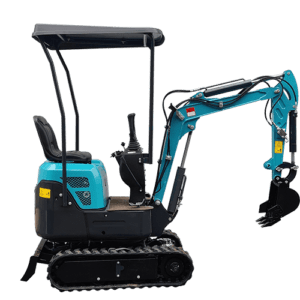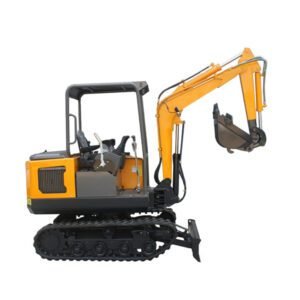Email: [email protected] Whatsapp: 8618266768780
How to Choose the Best Mini Digger Excavator for Your Needs
Welcome to My Blog!
Before we dive into the content, I’d love for you to join me on my social media platforms where I share more insights, engage with the community, and post updates. Here’s how you can connect with me:
Facebook: https://www.facebook.com/profile.php?id=100072217509763
LinkedIn: https://www.linkedin.com/company/74949059/admin/dashboard/
YouTube:https://www.youtube.com/@tractormanufacturer-lc5qz
TikTok: https://www.tiktok.com/@tractormanufacturer
Now, let’s get started on our journey together. I hope you find the content here insightful, engaging, and valuable.
Introduction
In the world of construction and landscaping, efficiency and precision are key to completing projects on time and within budget. For small to medium-sized projects, a mini digger excavator can be the perfect tool, offering the power and versatility needed to perform various tasks without the bulk and expense of a full-sized excavator. However, with so many options available, choosing the right mini digger excavator for your specific needs can be challenging. This guide will walk you through the essential factors to consider when selecting a mini digger excavator, helping you make an informed decision that maximizes productivity and value.
Understanding What a Mini Digger Excavator Is
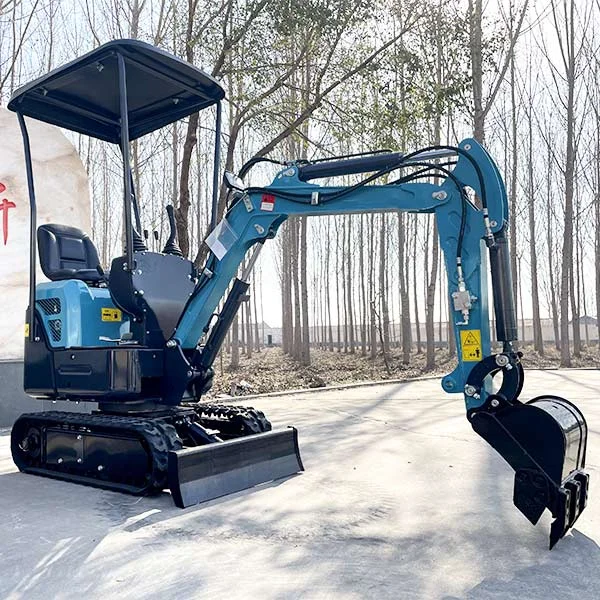
What is a Mini Digger Excavator?
A mini digger excavator, also known as a compact excavator, is a smaller version of the traditional excavator, designed for tasks that require precision and maneuverability in tight spaces. These machines typically weigh between 1 to 10 tons and are equipped with tracks or wheels for mobility. Despite their smaller size, mini digger excavators are powerful and versatile, capable of performing a wide range of functions such as digging, trenching, grading, and even demolition.
Key Features of a Mini Digger Excavator:
- Compact Size: Allows for operation in confined spaces, making it ideal for urban construction, landscaping, and residential projects.
- Versatility: Equipped with various attachments like buckets, augers, and breakers to handle different tasks.
- Ease of Transport: Smaller size and weight make it easier to transport between job sites using standard trailers.
- Fuel Efficiency: Generally consumes less fuel than larger excavators, reducing operational costs.
Applications of a Mini Digger Excavator
The mini digger excavator’s compact design and versatility make it suitable for a variety of applications. Whether you’re working on a small backyard project or a larger commercial site, a mini digger excavator can provide the power and precision needed to get the job done efficiently.
Common Applications:
- Landscaping: Ideal for tasks such as digging trenches for irrigation, planting trees, or creating ponds.
- Residential Construction: Used for excavating foundations, installing utilities, and other tasks where space is limited.
- Utility Work: Excellent for digging trenches for water, gas, or electrical lines in urban settings.
- Demolition: Equipped with a breaker attachment, a mini digger excavator can handle small-scale demolition projects.
Factors to Consider When Choosing a Mini Digger Excavator
Assessing Your Project Needs
Before selecting a mini digger excavator, it’s crucial to assess the specific needs of your project. The type of work you plan to perform, the size of the job site, and the materials you’ll be handling are all factors that will influence your choice.
Key Considerations:
- Project Scope: Determine the size and complexity of the tasks you’ll be performing. For instance, if you’re digging deep trenches or working with tough materials, you’ll need a mini digger excavator with more power and a higher reach.
- Site Conditions: Consider the terrain and space available. If you’re working in a confined area, you’ll need a machine with a smaller footprint and excellent maneuverability.
- Attachments Required: Think about the different tasks you’ll need to perform and the attachments that will be necessary. Some mini digger excavators come with specific attachments, while others offer a wide range of options that can be purchased separately.
Power and Performance
The power and performance of a mini digger excavator are critical factors to consider, as they directly impact the machine’s ability to perform tasks efficiently. The engine power, digging depth, and lifting capacity are all essential metrics to evaluate.
Power and Performance Metrics:
- Engine Power: Measured in horsepower (HP), the engine power determines the machine’s ability to handle heavy tasks. Higher horsepower is necessary for more demanding projects.
- Digging Depth: The maximum depth the machine can dig is crucial for projects that require deep trenches or foundations.
- Lifting Capacity: This refers to the maximum weight the excavator can lift and is important for tasks such as moving heavy materials or placing large objects.
Table: Comparison of Usage Scenarios of Small Excavators and Large Excavators
Here is a table comparing the usage scenarios of small excavators and large excavators:
| Feature/Scenario | Small Excavators | Large Excavators |
|---|---|---|
| Typical Weight Range | 1 to 10 tons | 20 to 90+ tons |
| Best Suited For | Residential projects, landscaping, utility work | Large-scale construction, mining, heavy-duty demolition |
| Work Environment | Confined spaces, urban areas, small job sites | Open spaces, large job sites, industrial areas |
| Maneuverability | High maneuverability in tight spaces | Lower maneuverability, designed for large areas |
| Transportability | Easy to transport using standard trailers | Requires specialized transport due to size |
| Typical Attachments | Buckets, augers, breakers, grading blades | Large buckets, hydraulic hammers, heavy-duty attachments |
| Fuel Efficiency | Higher fuel efficiency, lower operational costs | Lower fuel efficiency, higher operational costs |
| Precision Tasks | Ideal for precise tasks like trenching and digging in small areas | Less suited for precision, more focused on bulk excavation |
| Power and Lifting Capacity | Lower power, suitable for light to moderate tasks | High power, capable of lifting heavy materials |
| Cost Considerations | Lower purchase and operating costs | Higher purchase and operating costs |
Size and Maneuverability
The size and maneuverability of a mini digger excavator are particularly important if you’ll be working in confined spaces or on sites with limited access. A compact machine with good maneuverability can navigate tight areas more easily, reducing the risk of damage to the surrounding environment and structures.
Size and Maneuverability Considerations:
- Compact Design: Look for a machine with a narrow width and short tail swing to minimize the space required for operation.
- Track or Wheel Type: Mini digger excavators come with either tracks or wheels. Tracks offer better stability on uneven terrain, while wheels provide faster movement on hard surfaces.
- Operator Visibility: Good visibility from the operator’s seat enhances safety and precision, especially when working in confined spaces.
Attachments and Versatility
One of the key advantages of a mini digger excavator is its ability to use various attachments, making it a versatile tool for multiple tasks. When choosing a mini digger excavator, consider the availability and compatibility of attachments, as well as how easily they can be switched out.
Common Attachments:
- Buckets: Available in various sizes for digging, trenching, and material handling.
- Augers: Used for drilling holes for posts, trees, or foundations.
- Breakers: Ideal for breaking up concrete or asphalt during demolition tasks.
- Grading Blades: Used for leveling and grading surfaces.
Attachment Compatibility:
- Ensure that the mini digger excavator you choose is compatible with a wide range of attachments.
- Consider the ease of switching attachments, as quick-change systems can save time and increase productivity on the job site.
Budget and Cost Considerations
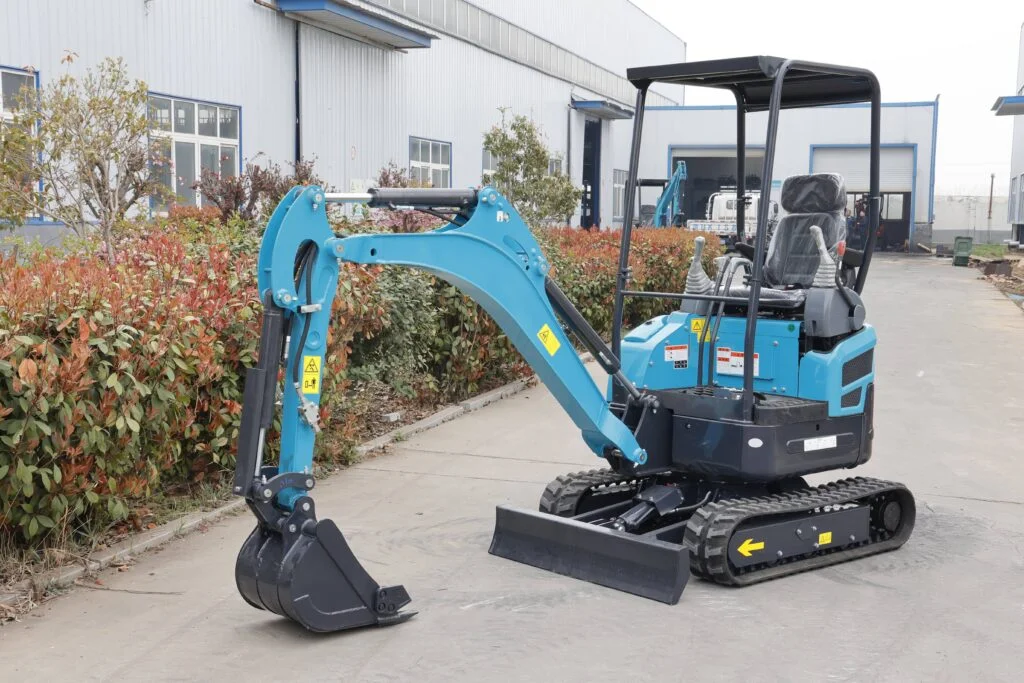
Your budget is a critical factor when selecting a mini digger excavator. The cost of these machines can vary widely based on factors such as brand, model, power, and included attachments. Additionally, consider the long-term costs of ownership, including maintenance, fuel, and potential repairs.
Budgeting Tips:
- Initial Purchase Cost: Compare prices of different models, keeping in mind the features and attachments included.
- Operating Costs: Factor in fuel efficiency, maintenance requirements, and the availability of replacement parts.
- Resale Value: Some brands and models retain their value better over time, which can be beneficial if you plan to sell the machine in the future.
Conclusion
Choosing the best mini digger excavator for your needs requires careful consideration of various factors, including the scope of your project, the power and performance of the machine, its size and maneuverability, the availability of attachments, and your budget. By taking the time to assess these elements, you can select a mini digger excavator that will enhance productivity, efficiency, and profitability on your job sites. Whether you’re tackling a small residential project or a larger commercial venture, the right mini digger excavator can make all the difference.
FAQ
What are the main factors to consider when choosing a mini digger excavator?
When choosing a mini digger excavator, consider factors such as the scope of your project, the machine’s power and performance, size and maneuverability, attachment compatibility, and your budget.
How does engine power affect the performance of a mini digger excavator?
Engine power, measured in horsepower, determines the machine’s ability to handle heavy tasks. Higher horsepower is necessary for more demanding projects, such as deep excavation or moving large objects.
What are the benefits of using attachments with a mini digger excavator?
Attachments increase the versatility of a mini digger excavator, allowing it to perform a wide range of tasks, from digging and trenching to grading and demolition. This versatility makes the machine more valuable on job sites.
How can I ensure the mini digger excavator I choose is suitable for confined spaces?
To ensure the machine is suitable for confined spaces, look for a compact design with a narrow width and short tail swing, as well as good maneuverability and operator visibility.
What are the long-term cost considerations when buying a mini digger excavator?
Long-term cost considerations include operating costs such as fuel and maintenance, the availability of replacement parts, and the potential resale value of the machine. Choosing a model with good fuel efficiency and reliable performance can help reduce overall costs.
About Us
Shandong Qilu Industrial Co., Ltd. is a professional manufacturer and exporter integrating the development and production of excavators, loaders and tractors. We provide the best service, absolutely.
Recent Posts
Video demo
-1.png)
Contact Us Today!
Any question, quote or inquiry? Click the button to send message.
Qilu Industrial will always here to help.

